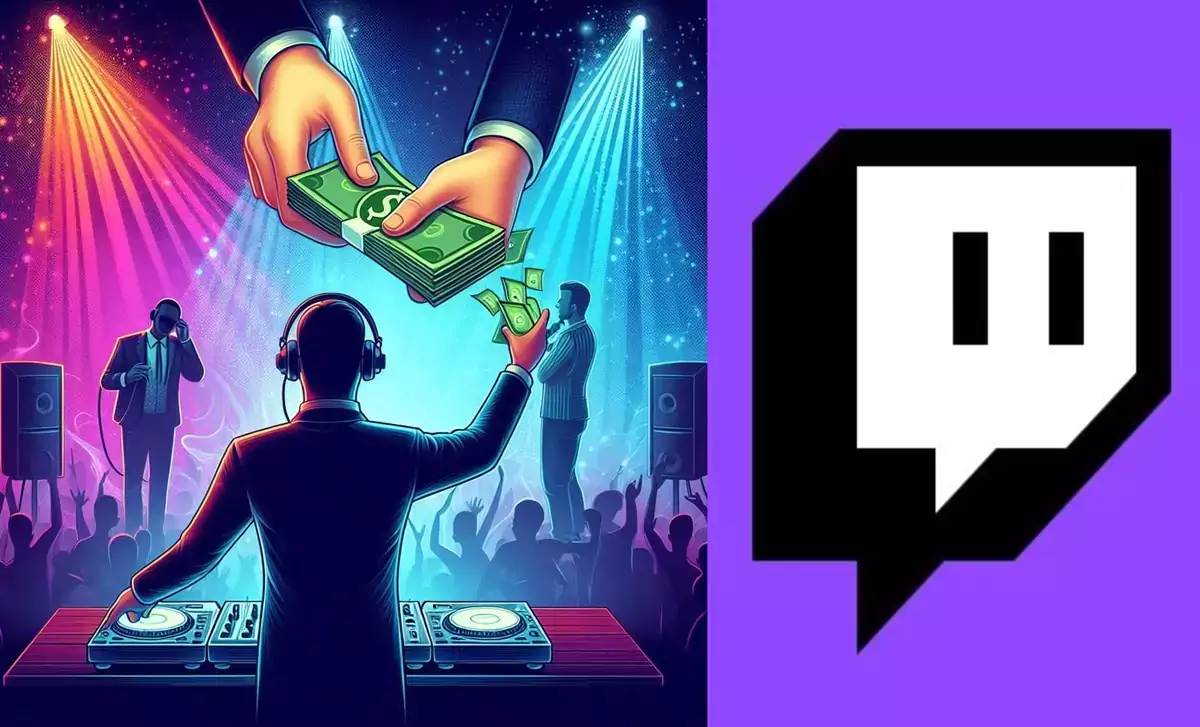Twitch, the leading live-streaming platform, has announced a significant update to its music licensing framework.
As revealed by Twitch CEO Dan Clancy during a TweakMusicTips interview, the new system will require DJs streaming on the platform to share a portion of their earnings with record labels.
This change is part of a broader effort to address ongoing copyright issues and prevent the disruptive DMCA takedown requests that have plagued the platform in recent years.
How Will the New Payment Structure Work?
The move is part of a new framework aimed at having artists properly disclose their streaming income to music rights holders.
Under the new guidelines, Twitch will track all music played during DJ streams and allocate a portion of his/her revenue to the corresponding record labels.
Clancy emphasized that this change will solely affect DJs, as the regulations for live streams and pre-recorded videos featuring copyrighted music differ.
While the full details are still being ironed out, Clancy stated that Twitch will cover part of the label dues, with DJs chipping in the remainder from their stream earnings.
Clancy insisted the splitting of costs is necessary:
“I’ve already told a number of DJs this and they realize… of course they would rather not have to share some money, but we’re gonna kinda split whatever the cost is.”
What About Non-DJ Music Use on Twitch?
The policy changes appear limited to DJs for now.
When asked about gamers playing copyrighted music in the background, Clancy confirmed it’s not allowed – but that Twitch has a deal with labels to avoid DMCA takedowns in those cases.
“We do pay money so that the labels are not going after [Streamers],” he explained, noting that abuses get reported to Twitch first before any account strikes.
Addressing the DMCA Challenges
The new music licensing framework is a direct response to the increased DMCA takedown requests that have overrun Twitch in recent years.
Clancy acknowledged the limitations of the DMCA process, where streamers can face permanent bans after receiving three strikes.
By implementing this proactive approach, Twitch aims to provide a more sustainable solution that balances the interests of artists, labels, and its creator community.
Discover more from Gaming Foodle
Subscribe to get the latest posts sent to your email.

